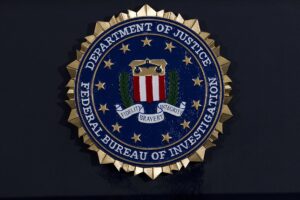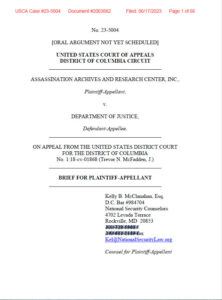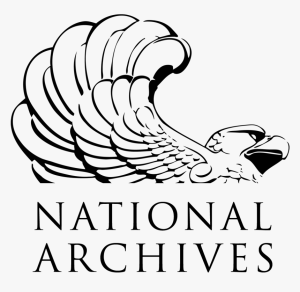ELSUR: Electronic Surveillance
AARC has obtained approximately 9000 pages of electronic surveillance indices from FBI ELSUR files, dating back to World War II. These records are a history of FBI’s electronic surveillance activities during the period of the Cold War.
Here are the files associated with litigation initiated by Kel McClanahan, Esq., Executive Director, National Security Counselors on behalf of AARC:
1 – 2019-02-04-20230615T192031Z-001.zip
2 – 2019-02-28-20230615T215052Z-001.zip
3 – 2019-04-01-20230615T215601Z-001.zip
4 – 2019-05-01-20230615T215908Z-001.zip
5 – 2019-06-03-20230615T220307Z-001.zip
6 – 2019-07-01-20230615T221400Z-001.zip
7 – 2019-08-01-20230615T223228Z-001.zip
8 – 2019-09-03-20230615T223505Z-001.zip
9 – 2020-05-19-20230615T223742Z-001.zip
10 – 2020-06-30-20230615T224622Z-001.zip
11 – 2020-07-30-20230615T225153Z-001.zip
12 – 2020-08-31-20230615T225444Z-001.zip
13 – 2020-09-30-20230615T225816Z-001.zip
14 – 2020-10-30-20230615T230056Z-001.zip
15 – 2020-11-24-20230615T230238Z-001.zip
16 – 2020-12-31-20230615T230418Z-001.zip
17 – 2021-01-29-20230615T230606Z-001.zip
18 – 2021-02-26-20230615T230734Z-001.zip
19 – 2021-03-30-20230615T230901Z-001.zip
20 – 2021-10-05-20230615T231051Z-001.zip
21 – 2021-11-30-20230615T231239Z-001.zip
22 – 2021-12-30-20230615T231423Z-001.zip
23 – 2022-01-31-20230615T231626Z-001.zip
NOTE: Bookmark this page as additional details on all files will be shared:
15 – LA field office
16 – LA, Memphis, Mobile, Miami, Tampa field offices
17 – LA, St. Louis field offices
18 – LA, Sacramento field offices
19 – LA, NY field offices
20 – NY field office
21 – LA, NY field offices
22 – NY field office
23 – NY field office
RELATED: 2018 Release of FBI ELSUR Records







